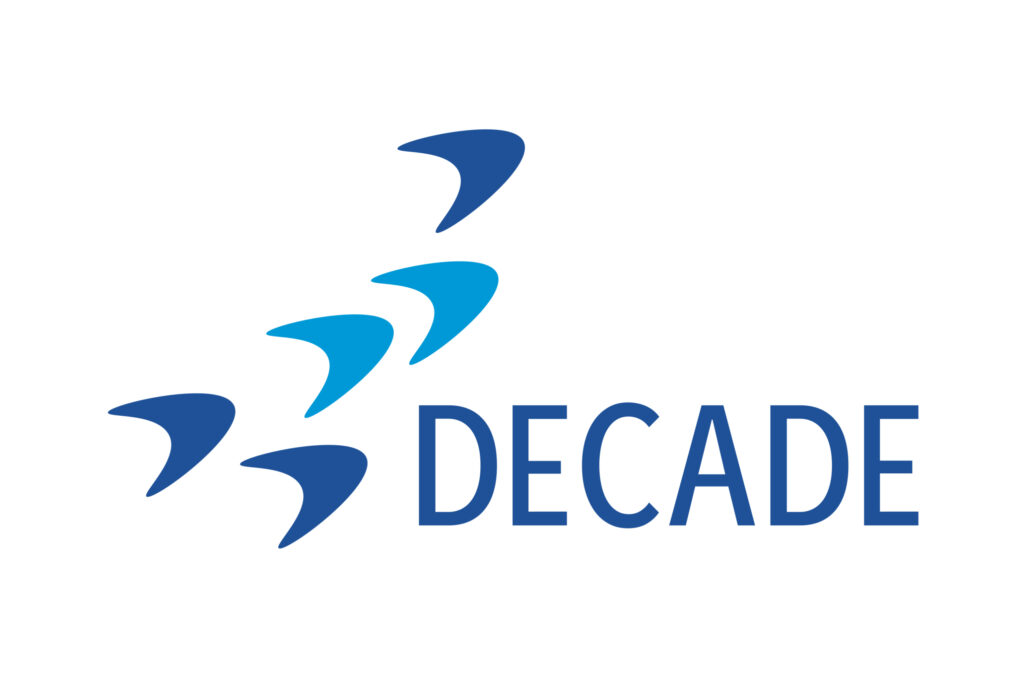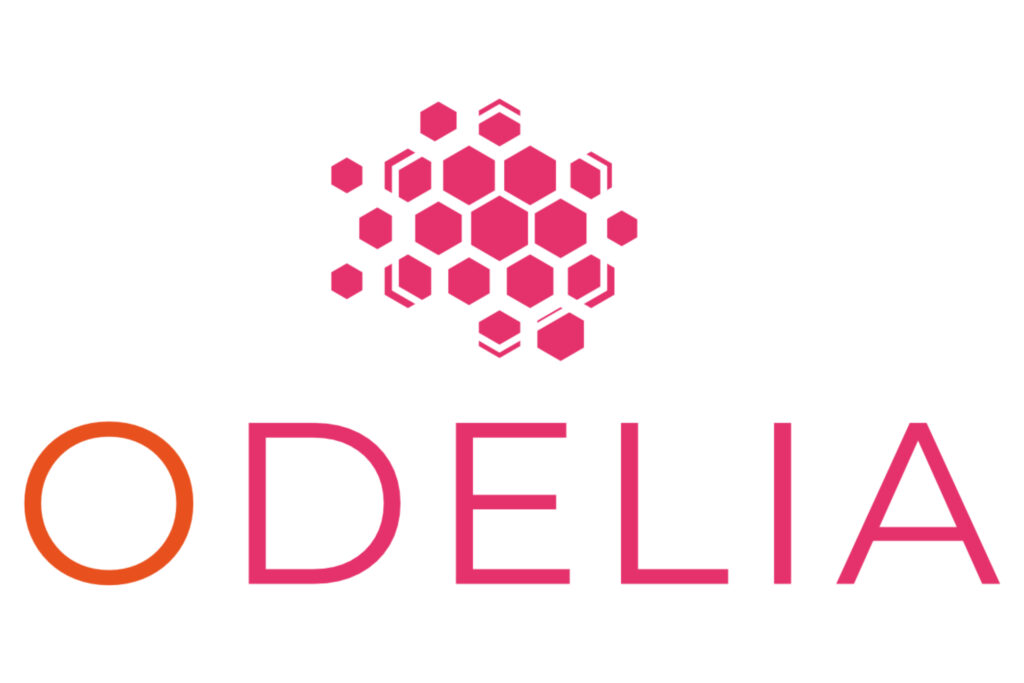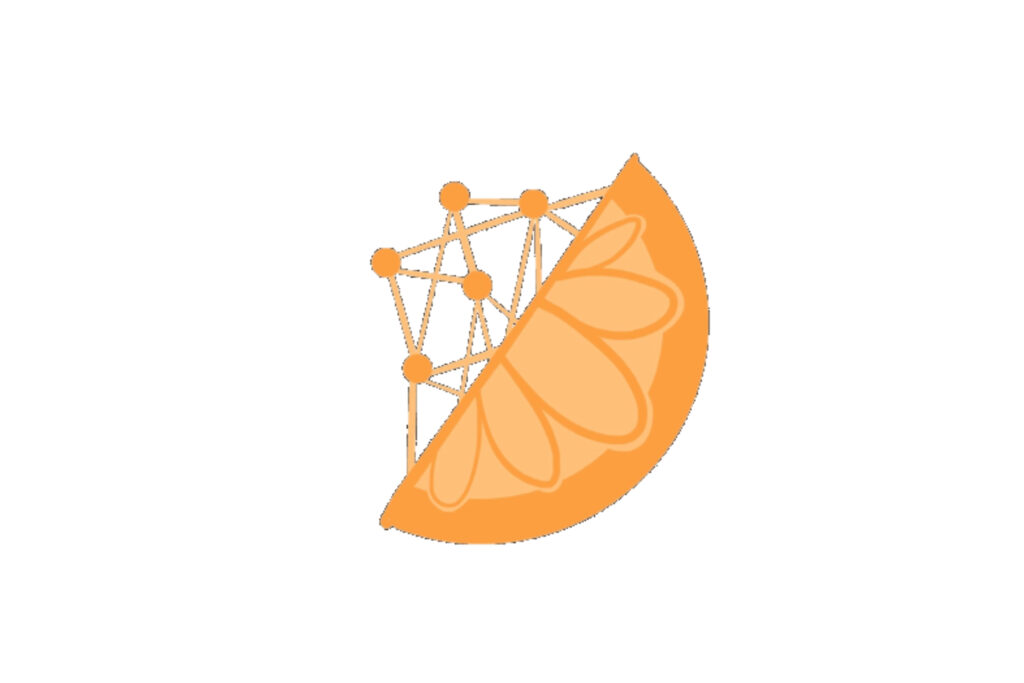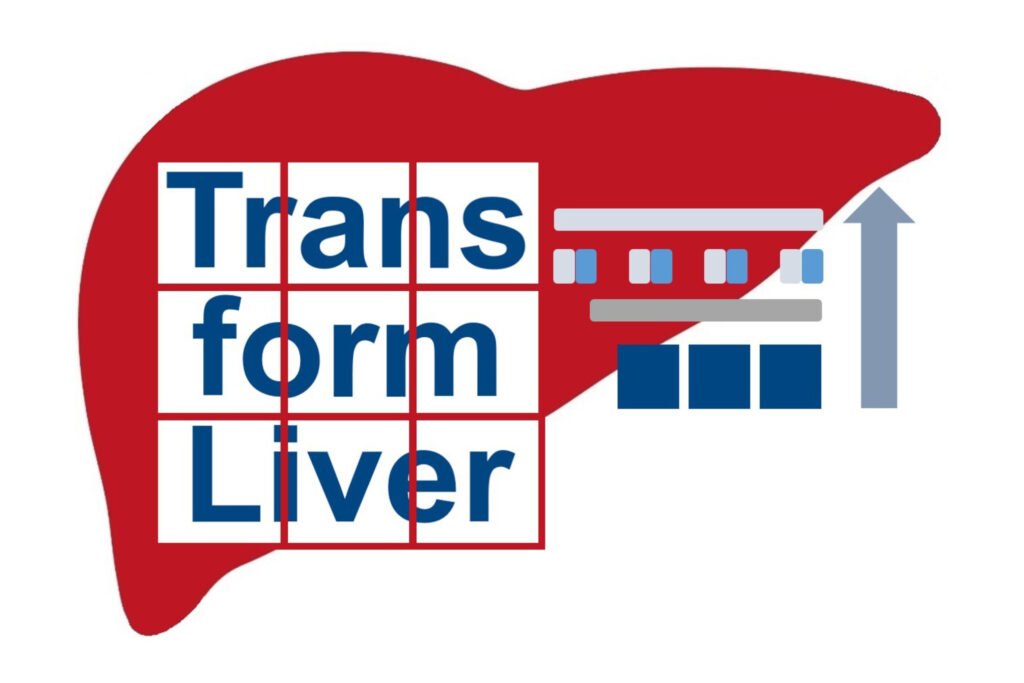The vision is to do research that goes beyond the medical disciplines and collaboration in everyday care – physicians learn programming and researchers from computer science or technical subjects learn in return to identify and solve relevant problems in the clinic. The lab’s mission is to build an interdisciplinary space in which young biologists, medical doctors and computer scientists collaborate and co-develop ideas and methods for improved clinical decision making in cancer.
Research group Clinical AI
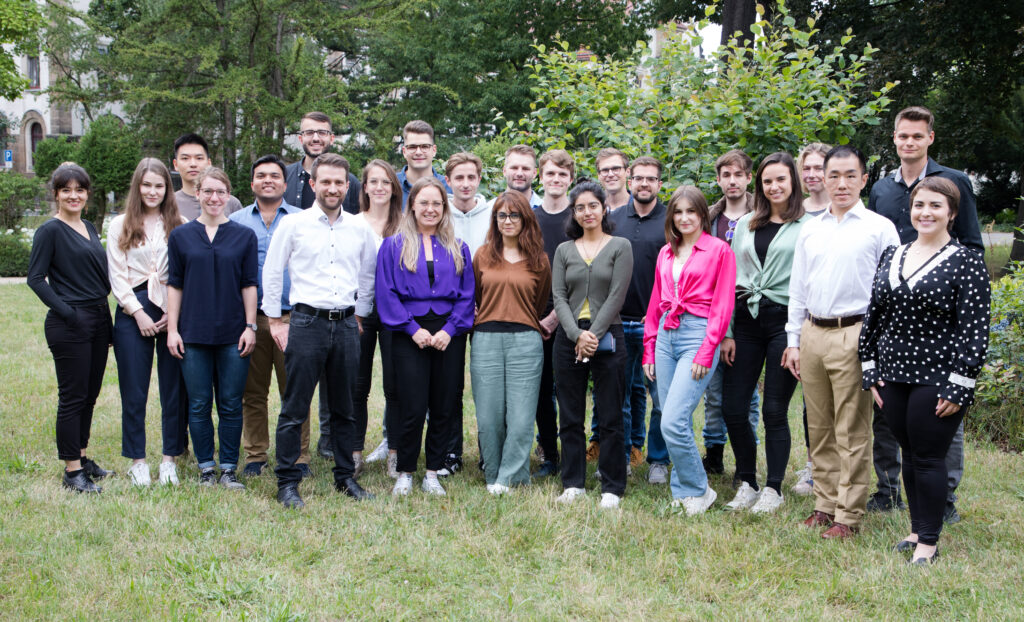
The research group is young, diverse and interdisciplinary. Their main tools are Artificial Intelligence and Computational Modeling. They combine these tools with a clinical perspective on cancer genomics, targeted treatment and immunotherapy. Their focus is gastrointestinal cancer, including cancer of the bowel, stomach, liver and pancreas.
Active Team
- Dr. Zunamys I. Carrero | Lab’s leadership team
- Narmin Ghaffari Laleh, MSc | Research Scientist | Software Engineer
- Oliver Lester Saldanha, MSc | Research Scientist |PhD Student
- Didem Cifci, MSc | PhD Student
- Hannah Sophie Muti | Physician Scientist
- Chiara Löffler | Physician Scientist
- Katherine Jane Hewitt, MD | PhD Student
- Jan Niehues, PhD | Medical Student with a PhD in physics
- Marko van Treeck, MSc | Research Software Engineer
- Gregory Veldhuizen, MD, PhD | post-doctoral Physician Scientist
- Xiaofeng Jiang, MD | PhD Student
- Marco Gustav | Engineer and PhD Candidate
- Omar el Nahhas, MSc | Computer Scientist and PhD Student
Students
- Emylou Matthaei, BSc | dental student
- Lars Hilgers | medical student
- Tobias Seibel | physics student
Associate Lab Members
- Tobias P. Seraphin | University Hospital Düsseldorf
- Dr. med. Fiona Kolbinger | University Hospital Dresden
Alumni
- Dr. med. Peter L. Schrammen (RWTH Aachen University) was part of the lab as a PostDoc from 2020-2022 and published research about weakly supervised Deep Learning in colorectal cancer.
- Virginia Ardévol Martinez, MSc (Maastricht University) was part of the lab as a visiting student from 2020-2022 and published research about game theoretic models of cancer.
- Georgia Liapi, MSc (Maastricht University) sucessfully finished her MSc thesis in our lab in 2020.
- Lena Anna Pakulla, MSc (RWTH Aachen University) was part of the lab as a scientific coordinator from 2019-2022.
- Celine Nicole Heinz (RWTH Aachen University) was part of the lab as a medical doctoral student from 2020-2022 and published research about AI in computational pathology. Find Celine on Pubmed.
- Jeremias Krause (RWTH Aachen University) was part of the lab as a medical doctoral student from 2019-2021 and finished the experimental part of his MD thesis in 2021. Find Jeremias on Pubmed.
- Amelie Echle (RWTH Aachen University) was part of the lab as a medical doctoral student from 2019-2022 and published large-scale studies on AI in colorectal cancer histopathology. Find Amelie on Pubmed.
Prof. Jakob N. Kather
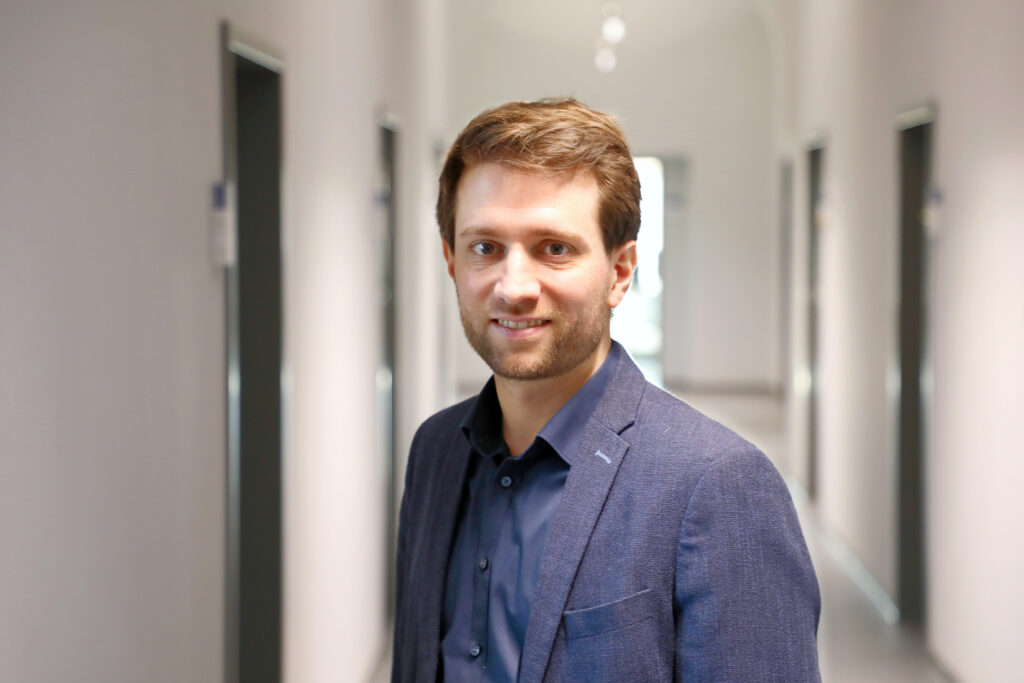
Prof. Dr. med. Jakob Nikolas Kather is a physician/scientist and full professor for Clinical Artificial Intelligence at TU Dresden. He occupies the newly created Else Kröner Professorship at the EKFZ for Digital Health. His research is focused on applications of AI in medicine, in particular precision oncology.
Contact
We are always looking for academic and industry collaboration partners and members (at any level) to join our group. If you would like to inquire more about possible opportunities within our group, please fill the application form.
Connect with the Kather Lab


Get in touch via
Lab website
Publications
Check out Google Scholar or PubMed for a full list of our publications.
Below, are highlighted some recent publications.
For more than five years, we have been using artificial intelligence (AI) methods, in particular deep learning, to extract hidden information from routine images of human cancer. Our aim is to use AI to make clinically actionable predictions which can improve clinical outcomes and save resources. These are some selected publications describing our recent work.
- Saldanha, O.L., Muti, H.S., Grabsch, H.I. et al. Direct prediction of genetic aberrations from pathology images in gastric cancer with swarm learning. Gastric Cancer (2022). doi.org/10.1007/s10120-022-01347-0
- Saldanha, O., Quirke, P., West, N., James, J., Loughrey, M., Grabsch, H., Salto-Tellez, M., Alwers, E., Cifci, D., Laleh, N., Seibel, T., Gray, R., Hutchins, G., Brenner, H., Yuan, T., Brinker, T., Chang-Claude, J., Khader, F., Schuppert, A., Luedde, T., Foersch, S., Muti, H., Trautwein, C., Hoffmeister, M., Truhn, D. and Kather, JN. Swarm learning for decentralized artificial intelligence in cancer histopathology. Nature Medicine (2022). doi: 10.1038/s41591-022-01768-5
- Muti HS, Heij LR, Keller G, Kohlruss M, Langer R, Dislich B, Cheong JH, Kim YW, Kim H, Kook MC, Cunningham D, Allum WH, Langley RE, Nankivell MG, Quirke P, Hayden JD, West NP, Irvine AJ, Yoshikawa T, Oshima T, Huss R, Grosser B, Roviello F, d’Ignazio A, Quaas A, Alakus H, Tan X, Pearson AT, Luedde T, Ebert MP, Jäger D, Trautwein C, Gaisa NT, Grabsch HI, Kather JN. Development and validation of deep learning classifiers to detect Epstein-Barr virus and microsatellite instability status in gastric cancer: a retrospective multicentre cohort study. The Lancet Digital Health, 2021, doi: 10.1016/S2589-7500(21)00133-3.
- Krause J, Grabsch HI, Kloor M, Jendrusch M, Echle A, Buelow RD, Boor P, Luedde T, Brinker TJ, Trautwein C, Pearson AT, Quirke P, Jenniskens J, Offermans K, van den Brandt PA, Kather JN. Deep learning detects genetic alterations in cancer histology generated by adversarial networks. The Journal of Pathology, 2021, doi: 10.1002/path.5638
- Kather JN, Heij LR , Grabsch HI , Loeffler C , Echle A , Muti HS, Krause J, Niehues JM, Sommer KA, Bankhead P, Kooreman LFS, Schulte J, Cipriani NA , Bülow RD, Boor P, Ortiz Bruechle N, Hanby AM, Speirs V, Kochanny, Patnaik A, Srisuwananukorn A, Brenner H, Hoffmeister M, van den Brandt PA, Jaeger D, Trautwein C, Pearson AT , Luedde T. Pan-cancer image-based detection of clinically actionable genetic alterations. Nature Cancer, 2020, doi: 10.1038/s43018-020-0087-6
- Echle A, Grabsch HI, Quirke P, van den Brandt PA, West NP, Hutchins GGA, Heij LR, Tan X, Richman SD, Krause J, Alwers E, Jenniskens J, Offermans K, Gray R, Brenner H, Chang-Claude J, Trautwein C, Pearson AT, Boor P, Luedde T, Gaisa NT, Hoffmeister M, Kather JN. Clinical-grade Detection of Microsatellite Instability in Colorectal Tumors by Deep Learning. Gastroenterology, 2020, doi: 10.1053/j.gastro.2020.06.021
- Kather JN, Pearson AT, Halama N, Jaeger D, Krause J, Loosen SH, Marx A, Boor P, Tacke F, Neumann UP, Grabsch HI, Yoshikawa T, Brenner H, Chang-Claude J, Hoffmeister M, Trautwein C, Luedde T. Deep learning can predict microsatellite instability directly from histology in gastrointestinal cancer. Nature Medicine, 2019, doi: 10.1038/s41591-019-0462-y
- Kather JN, Krisam J, Charoentong P, Luedde T, Herpel E, Weis CA, Gaiser T, Marx A, Valous NA, Ferber D, Jansen L, Reyes-Aldasoro CC, Zörnig I, Jäger D, Brenner H, Chang-Clause J, Hoffmeister M, Halama N. Predicting survival from colorectal cancer histology slides using deep learning: A retrospective multicenter study. PLOS Medicine, 2019, doi: 10.1371/journal.pmed.1002730
AI algorithms need to be carefully probed before we implement them in clinical routine. We need to investigate potential biases and limitations, analyze the economic impact of AI and run clinical trials of computational tools to show that it actually helps patients. Our group is actively involved in clinical AI implementation research.
- Howard FM, Dolezal J, Kochanny S, Schulte J, Chen H, Heij L, Huo D, Nanda R, Olopade OI, Kather JN, Cipriani N, Grossman RL, Pearson AT. The impact of site-specific digital histology signatures on deep learning model accuracy and bias. Nature Communications, 2020, doi: 10.1038/s41467-021-24698-1
- Kacew AJ, Strohbehn GW, Saulsberry L, Laiteerapong N, Cipriani NA, Kather JN, Pearson AT. Artificial Intelligence Can Cut Costs While Maintaining Accuracy in Colorectal Cancer Genotyping. Frontiers in Oncology, 2021, doi: 10.3389/fonc.2021.630953
- Walle T, Erdal E, Mühlsteffen L, Singh HM, Gnutzmann E, Grün B, Hofmann H, Ivanova A, Köhler BC, Korell F, Mavratzas A, Mock A, Pixberg C, Schult D, Starke H, Steinebrunner N, Woydack L, Schneeweiss A, Dietrich M, Jäger D, Krisam J, Kather JN*, Winkler EC*. Completion rate and impact on physician-patient relationship of video consultations in medical oncology: a randomised controlled open-label trial., ESMO Open, 2020, doi: 10.1136/esmoopen-2020-000912 (* equal contribution)
In addition to oncology, we use our AI technology to address clinical problems in transplant medicine, endoscopy and other medical domains.
- Kers J*, Buelow R*, …, Kather JN*, Boor P*. Deep Learning-based classification of kidney transplant pathology: a retrospective, multicenter, proof of concept study. The Lancet Digital Health, 2021 https://www.thelancet.com/journals/landig/article/PIIS2589-7500(21)00211-9/fulltext
The microenvironment of solid tumors harbors dozens of different immune cells. These are some projects in which we deciphered the clinical implication of specific immune cells in colorectal cancer and other tumors:
- Kather JN, Hörner C, Weis CA, Aung T, Vokuhl C, Weiss C, Scheer M, Marx A, Simon-Keller K. CD163+ immune cell infiltrates and presence of CD54+ microvessels are prognostic markers for patients with embryonal rhabdomyosarcoma. Scientific Reports, 2019 doi: 10.1038/s41598-019-45551-y
- Kather JN, Suarez-Carmona M, Charoentong P, Weis CA, Hirsch D, Bankhead P, Honing M, Ferber D, Kel I, Herpel E, Schott S, Zörnig I, Utikal J, Marx A, Gaiser T, Brenner H, Chang-Claude J, Hoffmeister M, Jäger D, Halama N. Topography of cancer-associated immune cells in human solid tumors. eLife, 2018, doi: 10.7554/eLife.36967
- Suarez-Carmona M, Chaorentong P, Kather JN, Rothenheber R, Ahmed A, Berthel A, Heinzelmann A, Moraleda R, Valous NA, Kosaloglu Z, Eurich R, Wolf J, Grauling-Halama S, Hundemer M, Lasitschka F, Klupp F, Kahlert C, Ulrich A, Schneider M, Falk C, Jäger D, Zoernig I, Halama N. CCR5 status and metastatic progression in colorectal cancer. Oncoimmunology, 2019, doi: 10.1080/2162402X.2019.1626193
Tumor cells and immune cells in the tumor microenvironment show complex interactions and it is not easy to predict their future behavior based on a current state. In these papers, we have explored mechanistic models as a way of making clinically relevant predictions in colorectal cancer:
- Kather JN, Charoentong P, Suarez-Carmona M, Herpel E, Klupp F, Ulrich A, Schneider M, Zörnig I, Lüdde T, Jäger D, Poleszczuk J, Halama N. High-throughput screening of combinatorial immunotherapies with patient-specific in silico models of metastatic colorectal cancer. Cancer Research, 2018, doi: 10.1158/0008-5472.CAN-18-1126
- Kather JN, Poleszczuk J, Suarez-Carmona M, Krisam J, Charoentong P, Valous NA, Weis CA, Tavernar L, Leiss F, Herpel E, Klupp F, Ulrich A, Schneider M, Marx A, Jäger D, Halama N. In silico modeling of immunotherapy and stroma-targeting therapies in human colorectal cancer. Cancer Research, 2017, doi: 10.1158/0008-5472.CAN-17-2006
These are some literature reviews and comment articles that summarize our ideas on cancer immunotherapy and how to bridge machine learning and clinical application:
- Echle A, Rindtorff NT, Brinker TJ, Luedde T, Pearson AT, Kather JN. Deep learning in cancer pathology: a new generation of clinical biomarkers. British Journal of Cancer, 2020 Nov 18. doi: 10.1038/s41416-020-01122-x
- Calderaro J and Kather JN. Artificial intelligence-based pathology for gastrointestinal and hepatobiliary cancers. Gut, 2020 Nov 19. doi: 10.1136/gutjnl-2020-322880
- Kather JN and Calderaro J. Development of AI-based pathology biomarkers in gastrointestinal and liver cancer. Nature Reviews Gastroenterology & Hepatology, 2020 Jul 3. doi: 10.1038/s41575-020-0343-3
- Kather JN, Halama N. Harnessing the innate immune system and local immunological microenvironment to treat colorectal cancer. British Journal of Cancer, 2019, doi: 10.1038/s41416-019-0441-6
- Kather JN, Halama N, Jäger D. Genomics and emerging biomarkers for immunotherapy of colorectal cancer. Semin Cancer Biol, 2018 10.1016/j.semcancer.2018.02.010
Upcoming publications:3
- Swarm learning for generalizable and robust AI in endoscopy: A proof of principle study on polyp detection and the first application on real clinical routine data


